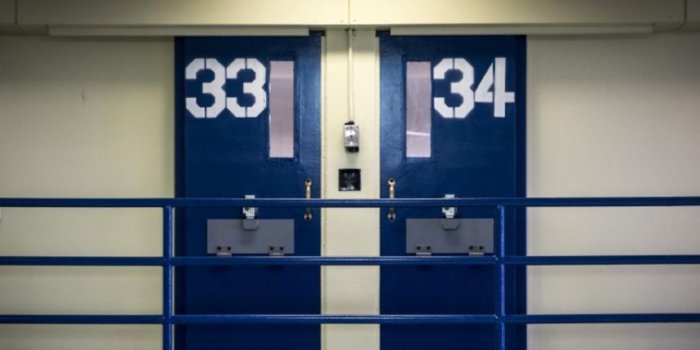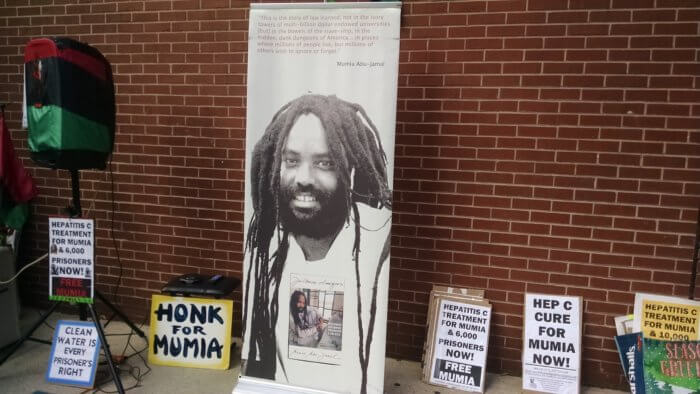Instructors at 14 state universities walked off their jobs Wednesday in a mid-semester contract dispute, disrupting classes for more than 100,000 students.
The strike is the first in the 34-year history of the university system.
Just after 5 a.m., faculty members formed a picket lines on campuses statewide and at the Dixon University Center, the system’s headquarters, in Harrisburg,
Months of negotiations between the faculty union, theAssociation of Pennsylvania State College and University Faculties (APSCUF),and the State System of Higher Education (PSSHE) hit an impasse, the union announced on Twitter.
APSCUF faculty members are officially on strike. Our website is overloaded. Press release will be visible soon.
— APSCUF (@APSCUF) October 19, 2016
Talks over salary, health care and retirementfell apart when the union turned down the state system’s final offer Tuesday, thePhiladelphia Inquirerreported. The strike affects classes at Bloomsburg, Cheyney, Clarion, California, East Stroudsburg, Edinboro, Indiana, Kutztown, Lock Haven, Millersville, Mansfield, Slippery Rock, Shippensburg andWest Chester. The Inquirerestimates more than 25,000 students in the state system are from Philadelphia and its surrounding counties. “We’d like to reassure our students that we did everything we possibly could to avoid a strike. We will be here should the State System decide not to abandon its students,” Jamie Martin, vice president of theAPSCUF,said in a news release. Faculty have said they are taking issue with a greater workload without a corresponding salary increase, an elimination of retirement benefits for those new to the union andincreases in health-care costs. The state’s health-care proposal would go from 15 percent of the premium to 18 percent; faculty would deal with new deductibles and higher prescription drug co-payments, according to the Inquirer. Kenn Marshall, spokesman for the PSSHE, told theInkythat unionfaculty refused their salary and health-care offers, which are identical to that of other system employees. “We don’t understand how APSCUF can argue that faculty members should be entitled to a better health-care plan than our other employees,” he said.
Meanwhile, Gov. Tom Wolf urged both sides to quickly reach a compromise.
“Avoiding a strike is paramount because a work stoppage will be devastating for the state system,” Wolf said Wednesday in a news release.”Most seriously, a strike could drive a loss of students, which would further exacerbate an already precarious financial situation for the state system. We have to look no further than what happened to Temple University following the faculty strike in 1990. It took years for Temple to recover its student population.” Sixteen years ago, Temple faculty staged a 29-day strike that resulted in $6.3 million in losses to the university, including$4 million in tuition from students who had withdrawn. The strike came to an end because of a court order. Students have joined the early-morning picket lines across the state, according to the APSCUF’sTwitter page. There’s no indication at this point how long the strike will last.
#CalU students are out here in the rain supporting #APSCUF. We love you for it! #PASSHE @vickyj59 @DaniRaeDiscord pic.twitter.com/cNK8xj456B
— Ryan L. Sittler (@RyanLSittler) October 19, 2016































